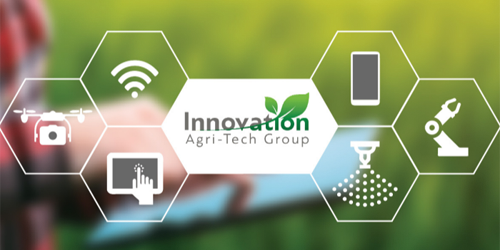New year, new you? Sound familiar?
Many people have made new years’ resolutions which include lifestyle changes such as losing a few pounds, keeping fit, and even changing the way they eat.
Maybe this Christmas period you over indulged, but have now vowed that as soon as January 1st approached you were going to change your ways. Eating more fruit and vegetableshas been at the core of this plan, however,it can be questioned how much nutrition is in the food that you are buying to start your new year diet?
What if someone said to you that fruits and vegetables grown decades ago contained more vitamins and minerals than produce that we buy today?Can fake news be claimed?In a world where science is at the best it’s ever been, our produce should surely be more nutritious than decades ago. The answer is no!
A recent study comparing the nutritional value of fruits and vegetables from 1940-2002 showed that the mineral content for our food has declined drastically. A decrease of iron, magnesium, phosphorus, vitamin C and other nutritional variables will have significant implications on our health. The main culprit for this is soil depletion, as modern methods of farming have unfortunately stripped the nutrients from the soil. A report has found that soil depletion levels in Europe are now at 72% from the last 100 years, compared to 76% in Asia and 85% in North America (Source: earth summit report 1992).
As overpopulation becomes a further pressing issue, the demand for food only increases. Intensive farming and the use of chemical fertilisers has become an issue for many of us, as crops are less nutritious. As a result, much of the produce we eat contain fewer nutrients than it did 90 years ago.
To combat these issues, Innovation Agri-Tech Group (IAG) are using state of the art technology that prioritises in growing food that only has the best nutritional value and flavour. IAG takes pride in producing food that is local, fresh and grown all year round so that consumers can reap the health benefits associated with much nutritional value.
How can one possibly start eating healthy when the produceyou plan to eat have fewer nutrients than they are supposed too? Minerals are imperative for our health and serious health conditions is due to the lack of minerals and nutrients that are fed into our bodies.
Food miles is another element that is reducing vital nutrients within produce. Before reaching our local supermarket shelves, much of our fruit and vegetables has travelled thousands of miles. Imports have increased as we have become heavily reliant on sources from other parts of the world. It has been said that in 2016, fruit and vegetables imports were £10.3 billion, while exports were worth only £1.1 billion.
Controlled environment agriculture is a modern technique for farmers and consumers to grow their food, as the negative effects of traditional methods of farming decreases. It aims to be pesticide free, chemical free, soil free.
Innovating the agricultural industry and growing crops in controlled environments, will ensure that the fruits and vegetables we grow retains their nutritional value so that you can feed your body what it needs the most.
Eating healthy is not merely just a diet; it is a lifestyle. Feeding our bodies with the most nutrients it needs should be mandatory not optional. Hopefully the next time you fill your shopping trolley with fruits and vegetables from your local supermarket, you’ll question its nutritious value!


